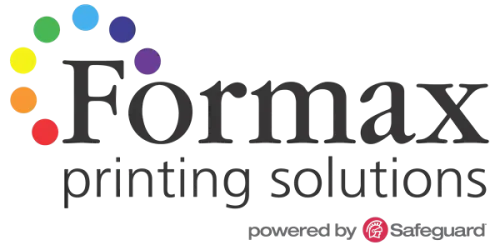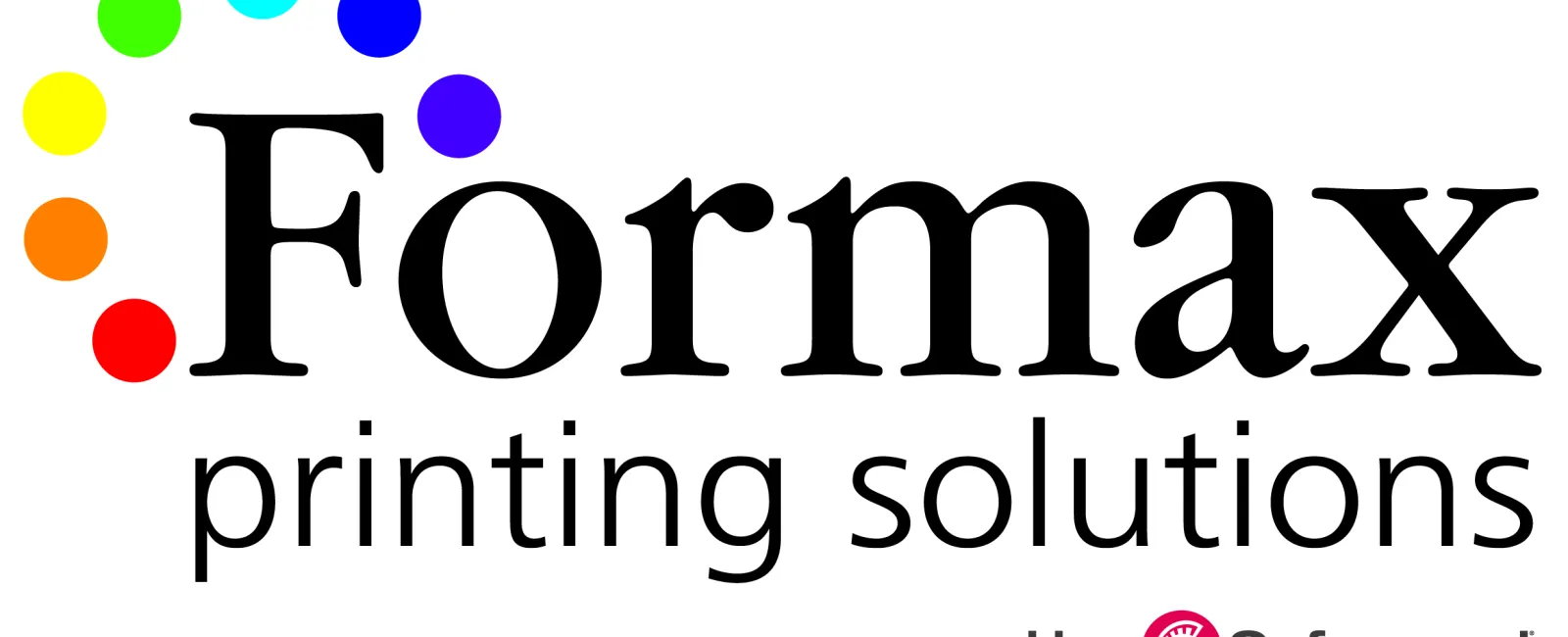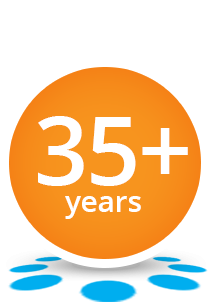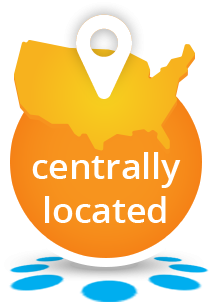
Maps are essential tools for many outdoor activities, whether for leisure or survival. Leisure maps can help people navigate large parks, explore fishing lakes, or find their way to hidden hiking trails. Survival maps can be used to find water sources, stay on course during long hikes, or navigate treacherous terrain. In all cases, the goal of a map is to display the relative position of various places and things so that users can confidently navigate their surroundings.
Here are some specific examples of how maps are used in outdoor activities:
- Hiking: Hikers use maps to plan their routes, find their way back to civilization, and identify potential hazards.
- Camping: Campers use maps to find campsites, locate water sources, and identify trails that are suitable for their vehicles.
- Fishing: Fishermen use maps to find fishing spots, identify the best times to fish, and learn about the local fish population.
- Wilderness survival: Survivalists use maps to find food and water, navigate through difficult terrain, and stay safe in the wilderness.
Maps are an essential part of many outdoor activities. By providing information about the surrounding environment, maps can help people stay safe, have fun, and explore new places.
Most maps have traditionally been made of paper, which functions very well when outdoor conditions are dry. But suppose the outdoor activity is subject to rain, snow, or sloppy wet mud? Or the activity involves a body of water, such as a stream, lake, or ocean?
If you've ever tried to use a paper map that has become saturated with water, you know it is a frustrating and futile effort. The map tears easily and eventually becomes limp and useless. This is because paper is made from wood pulp. When the cellulose fibers of wood pulp absorb moisture, the bond between the fibers becomes weaker. Once saturated, the paper substrate begins to come apart.
Now imagine if a printed map could be created specifically for outdoor conditions. Such a map would need to be waterproof, tear-resistant, and tough enough to withstand the rigors of frequent use. Plus, this printed map would need to show fine details and fold easily for convenient handling. Fortunately, all these things are possible with YUPO® synthetic paper.
YUPO is the Ideal Substrate for Outdoor Maps
YUPO® synthetic paper was developed by the Yupo Corporation, the world's leading manufacturer of synthetic paper products. Unlike traditional paper, YUPO is made from polypropylene resin instead of wood pulp. YUPO combines the versatility of traditional paper with the durability of plastic.
Waterproof - Unlike conventional paper, YUPO does not absorb moisture. Even when completely submerged in water, a YUPO map will retain its strength and structural integrity.
Tear Resistant - The multi-layered polymers used to create YUPO offer a more dimensionally stable substrate than the cellulose fibers of conventional paper. Neither wind nor water will harm a YUPO map.
Long Lasting - YUPO synthetic paper is extremely durable and scuff-resistant. Its ultra-smooth finish does not absorb moisture, oil, or stains. When soiled, YUPO maps can be easily wiped clean.
Flexible and Foldable - YUPO resists wrinkles from frequent handling. Plus, YUPO maps can be folded into multiple panels, similar to a paper map.
Razor Sharp Detail - YUPO holds ink colors extremely well. Since there is no ink spread or absorption, maps can be printed with precise details.
Environmentally Friendly - Made from inorganic compounds, YUPO is totally "tree free." YUPO is also 100% recyclable.
What Types of Map Projects will Benefit from YUPO?
- Maps of Parks, Recreational Complexes, Tourist Attractions, Campgrounds
- Special Event Maps: Fairs or Festivals, Parade or Marathon Routes
- Cycling, Walking, and Hiking Trail Maps
- Skiing, Snowmobiling and Mountain Climbing Maps
- Fishing, Boating, Sailing, and Diving Maps
- Industrial and Utility Company Maps
- Plus any other map, chart or diagram used in damp or dirty conditions
Do you have any questions about YUPO? Do you have an upcoming map project that would be a good fit for synthetic paper? If so, Formax can print YUPO maps up to 27" x 39" in quantities of 250 or more. Give us a call at 866-367-6221 or submit our quote request form. We look forward to assisting with your next map project!
Take care! Rick




